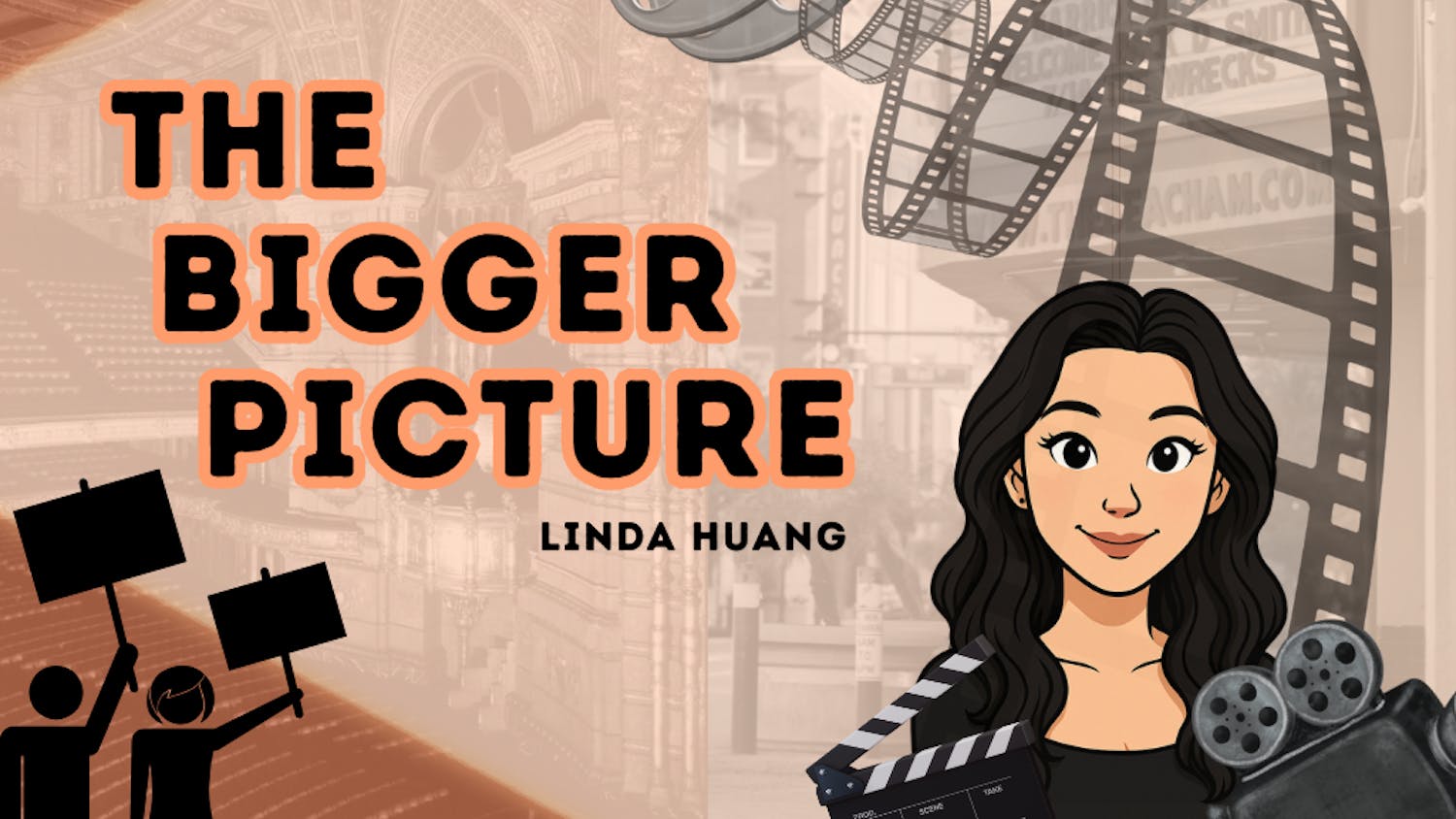For months, the COVID-19 pandemic has brought the entertainment industry to its knees. Production on most major movies and TV shows has had to cease entirely, and is only just now beginning to restart. Some shows have had to delay their subsequent seasons, while others have turned to creative methods to complete in progress runs. “The Blacklist” (2013–), as an example, somewhat comically, had half of its season finale animated without the ability to shoot on-set. But once the current season of a show ends, and it comes time to brainstorm ideas for its next episodes, how will COVID-19 factor in?
Production delays will happen and social distancing guidelines and mask wearing will be adopted by basically anyone not in front of the camera, but that’s not what I’m getting at. How will the actual content of the shows be affected? There are three possible ways that this could manifest.
Consciously or unconsciously, the zeitgeist of living in a world with COVID-19 could influence television and movies thematically. Anxiety and frustration due to long-lasting lockdowns, and resentment toward a government that has mishandled its response to the disease will have an impact on the way screenwriters everywhere see the world, and how they characterize it.
It’s also interesting to think about whether COVID-19 will even exist in these continuities. For some shows, especially those dealing with government, religion, or healthcare, it would make sense to incorporate how the pandemic has affected these complex institutions. But, for shows that more often lean toward lighthearted comedy, it would be an incredibly difficult task to acknowledge that COVID-19 exists without it having major implications on tonal consistency.
Perhaps most interestingly, will these movies and shows branch off into a weird alternate reality where the pandemic has never happened? Words like “Zoom calls,” “social distancing” and “anti-maskers” would no longer be a part of the vernacular. The idea of “remote learning” would seem as impractical and foreign to them as it did to us just months ago, and the daily anxieties of living in a pandemic needn’t be thought about. Realistically, how would major world events logically diverge given the significant effect COVID-19 has had on the socio-political level? Would these realities account for how the lack of the pandemic might have affected something like the 2020presidential election? If one small change has major consequences when examined across an entire country, the paradigm shift that COVID-19 has created would undoubtedly have to intertwine with many aspects of television shows set in the real world.
Studios face a difficult and unenviable task going forward. COVID-19 has wreaked havoc on almost every aspect of our lives and will continue to at least influence them for years to come. There will be many approaches with varying levels of success, but the creativity used to reconcile the tragedy of the real world and the media that connects us is going to be absolutely fascinating.





